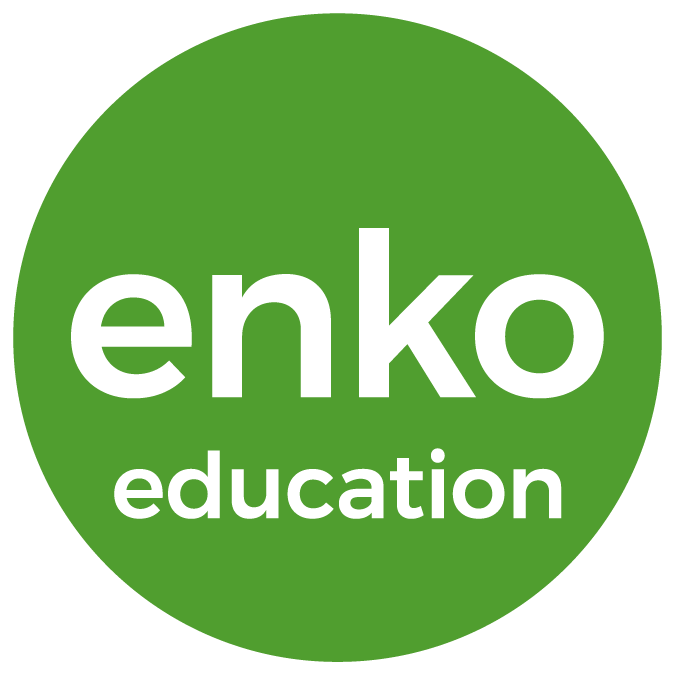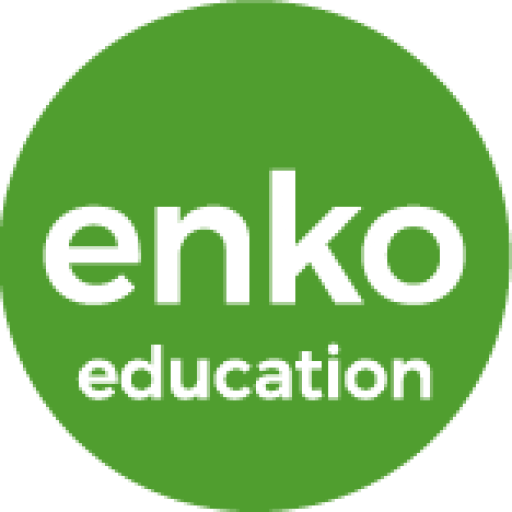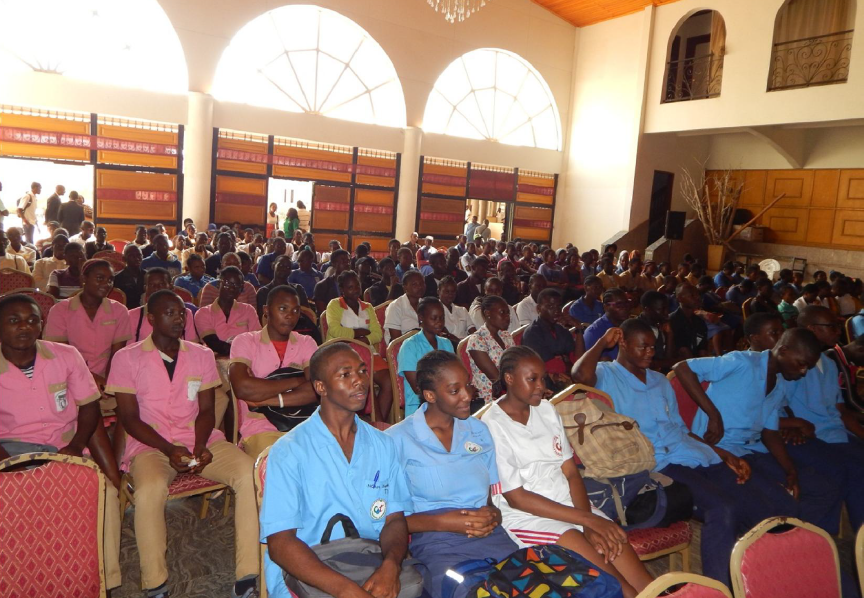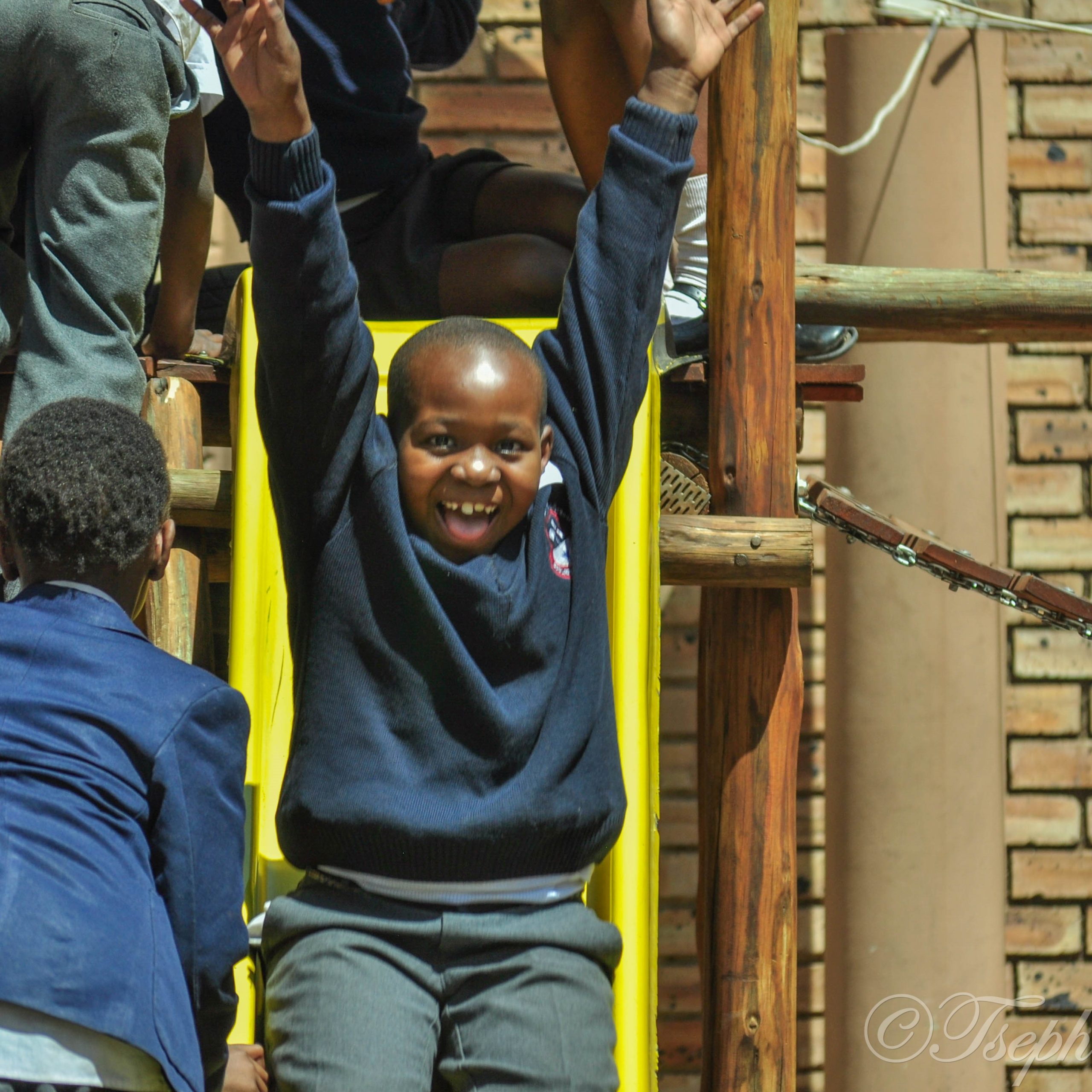Thinking about the Africa of tomorrow… Interview with Gilles Yabi, founder of the WATHI think tank
Gilles Yabi is Beninese by birth and has a doctorate in economics from the University of Clermont Ferrand. Development economics has always been his main area of intellectual interest. He worked as a journalist at Jeune Afrique, then as a political analyst for the International Crisis Group, for which he carried out assignments throughout West Africa. After spending some time as an independent consultant in Bamako, he returned to Dakar to manage the West Africa office of the ICG, where he spent three years from 2011 to 2013. He then resigned to focus on setting up the WATHI, a “community” think tank dedicated in particular to West African issues as well as to questions affecting Africa in general. Gilles Yabi is an example of a talented “repat”, who left to study abroad but has gladly returned to the continent whose present and future have formed the foundation and the cornerstone of his professional and personal projects. We wanted to give him a voice in this blog because he argues for a philosophy that is very close to the one we advocate at Enko Education: a pan-African initiative that seeks to build this continent together from solutions conceived right here.
Why did you decide to create WATHI? Can you tell us about the origins of the project?
This is a project that was many years in the making. I already had the idea when I was finishing my studies in France, but it was rather more centred on Benin, which is my country of origin. However, my experience later on with ICG in West Africa led me to rethink the scale of the project and to give it a regional dimension. The initial idea was to create a framework for thought leadership and collective action, working towards improving the wellbeing of populations. Many Africans who, like me, left the continent to study abroad ask themselves this question: how do I avoid being seen individually by “others” as a representative of a continent that is in last place, in terms of development? Since then, I have distanced myself as far as possible from these ideas of “development” and “underdevelopment”, but the initial question has not changed. The search for an individual response in the form of professional choices rapidly transformed into a desire to build something collective and useful that will revolutionise our countries and our communities.
What is WATHI?
It is an association that currently numbers around one hundred members of different nationalities, who live in many countries in Africa, Europe and America. The idea is to bring together individuals who support the initiative of creating a laboratory of ideas rooted in Africa and open to all. The members of the association do not necessarily have the time to get involved in intellectual production and the dissemination of knowledge. The daily work is carried out by a small team, whose members prepare the very varied content on the website and ensure the distribution of publications, particularly via social media networks. Our primary geographical area of interest is the 15 countries in the ECOWAS as well as Mauritania, Chad and Cameroon, which border the neighbouring regions of North and Central Africa. We want to participate in discussions and analyses on how to move forward on our continent, in an original and innovative way, taking into account the vast diversity of the continent and encouraging initiatives on a national, regional and continental scale. We are a community initiative, which means that we are not supported by large corporations and remain independent. We were able to launch the website in September 2015 funded by internal resources from members of the association, i.e. subscriptions and donations, and we then received a grant from the Open Society of West Africa, whose philosophy is compatible with that of WATHI. We also benefit from support contributed by friends of WATHI – any individual or entity who wants to contribute can do so – and I’d like to mention here the company Dalberg, who is also a valued partner in Dakar.
Can you give us some examples of how WATHI works?
Every quarter, we launch a new theme for discussion, and we call for contributions on this theme via the Internet and social media networks. The WATHI team selects a huge number of documents, research articles, reports from various organisations, and videos, also relating to the theme for discussion. We collect these resources as well as the articles proposed by experts and the community, and the best comments received via social media, on a specific page on our website dedicated to each theme. The team then develops a summary document that presents five major recommendations. For the record, in recent months we have discussed corruption, child labour, the enhancement of our culture, education, political institutions, reproductive health, etc. At the moment, until the end of June, we are welcoming contributions on the theme: “How can we improve the governance and efficiency of regional West African organisations?”. The idea is to leave behind the traditional model of analysis reserved for experts and decision-makers, and move towards an open forum where all can contribute on subjects of general interest that directly affect every country in the region, with an intent to seek solutions. But the WATHI debate is only one of the headings on the site. There is also the “Passerelle” (Footbridge) section, which is designed to share knowledge and perspectives from one generation to the next, with in-depth interviews with people who are well-known or not so well-known, who have had a professional and personal life that is particularly rich in experience. Each of the headings is a specific way of disseminating knowledge and provoking an in-depth analysis of our societies.
You can also take part in WATHI’s discussions and analyses on solutions to the challenges faced by Africa in the 21st century by logging on to the website!






